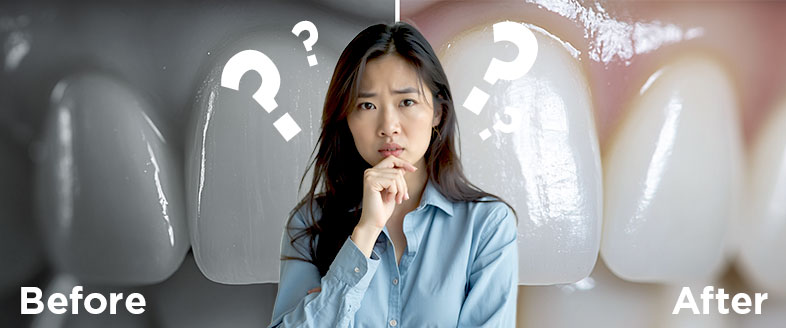Want a bright, confident smile? Teeth whitening is often the go-to solution. Many people consider it for a special occasion, a job interview, or simply to improve their appearance. However, a common concern is whether teeth whitening is safe, specifically whether it weakens enamel.
Our enamel, the hard outer surface of our teeth, plays a crucial role in protecting them from daily wear and tear. So there is a fear that whitening treatments might lead to irreversible enamel erosion, opening the door to increased sensitivity and a greater risk of decay.
This article explores these concerns, clarifying whether teeth whitening truly poses a threat to your enamel, and what you can do to protect that all-important layer of your teeth.
Is Teeth Whitening Safe: Does It Weaken Your Enamel?

The safety of teeth whitening treatments largely depends on the method and products used to whiten teeth. Most involve the use of chemicals, typically hydrogen peroxide or carbamide peroxide, that penetrate the enamel to break down stains. While these agents are effective at brightening teeth, improper or excessive use can pose risks.
Teeth whitening treatments fall into two broad categories: over-the-counter (OTC) products and professional solutions administered by dental clinics.
Over-the-Counter (OTC) Products vs. Professional Treatments
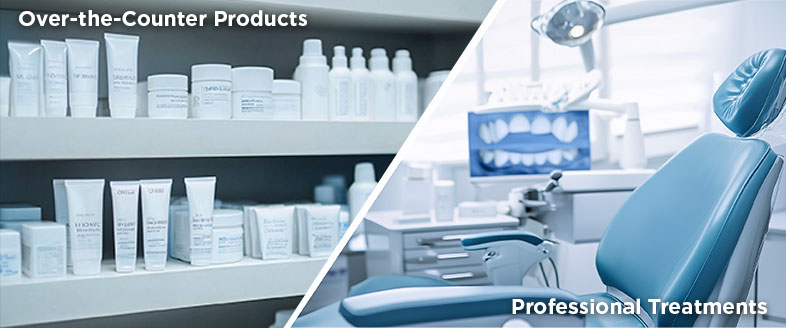
Many OTC whitening products, such as whitening toothpaste, strips, and gels, often contain abrasive ingredients or high concentrations of hydrogen peroxide or carbamide peroxide. These components can potentially lead to enamel erosion if used excessively or improperly.
Abrasive tooth whitening agents may scratch the enamel surface, leading to long-term damage. Prolonged use or misuse of these products can exacerbate enamel wear and increase the risk of sensitivity and decay.
For example, over-the-counter whitening products may help remove surface stains, but if overused or applied incorrectly, it can lead to enamel weakening. Other methods like whitening toothpaste are also insufficient for dramatic results. They only address minor surface stains and is unlikely to provide the same effect as professional treatments.
On the other hand, professional whitening treatments provided by dental clinics are generally safer for enamel. Dentists carefully control the concentration of whitening agents and ensure that the treatment minimises the risk of enamel damage.
The Long-Term Impact of Enamel Erosion
Sensitivity, often an early sign of enamel erosion, occurs when thinner enamel exposes the sensitive dentin layer underneath. This can cause discomfort with hot, cold, or sweet foods and drinks.
More importantly, compromised enamel increases the risk of tooth decay. Enamel shields teeth from harmful bacteria and acids. When eroded, teeth become more susceptible to decay, potentially leading to infections, root canal issues, or even tooth loss.
Does Enamel Grow Back After Whitening?
Unfortunately, once tooth enamel is lost or damaged, it cannot regenerate. Enamel is the hardest substance in the human body, but it is not living tissue and lacks the ability to repair itself.
Given that enamel does not grow back, the importance of using safe and appropriate whitening methods cannot be overstated. Therefore, individuals should prioritise treatments that protect enamel while still achieving the desired whitening effect.
Can Teeth Whitening Be Dangerous?
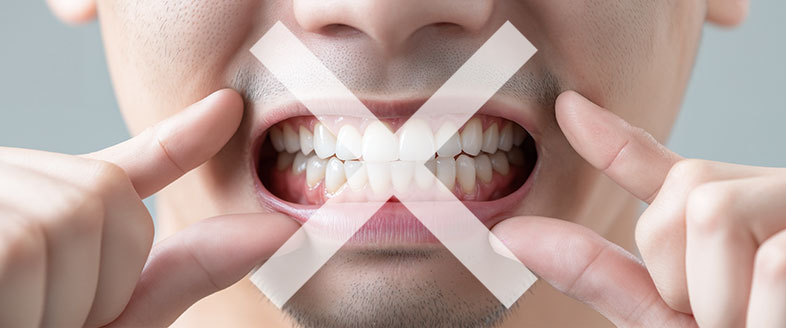
Teeth whitening can pose risks, particularly when unregulated products or methods are used. The DIY options for teeth whitening—kits, online products, or home remedies—may not be subject to stringent safety regulations and can pose several dangers.
The dangers of unregulated teeth whitening include:
What are the Common Side Effects of Teeth Whitening?

While teeth whitening can be effective in brightening your smile, it can also lead to several side effects. Understanding these potential side effects can help you make an informed decision about the best whitening approach for your teeth:
Sensitive teeth
One of the most common side effects of teeth whitening is increased tooth sensitivity. Whitening treatments can temporarily make your teeth more sensitive to hot and cold temperatures.
This sensitivity often arises because the whitening agents can penetrate the enamel and affect the nerves within the teeth. Though this discomfort is usually temporary, it can lead patients to mistakenly believe that their enamel has been significantly weakened.
Gingival irritation
Whitening treatments can sometimes cause irritation of the gums, especially if the whitening agent comes into contact with soft tissues. This irritation may manifest as redness, swelling, or discomfort in the gum area. Proper application and use of whitening products can help mitigate this side effect.
Throat irritation
During professional whitening procedures, especially those involving trays or gel application, there is a potential for the whitening agent to come into contact with the throat. This can cause temporary throat irritation or discomfort. Ensuring that the procedure is done by a professional can help reduce the risk of such issues.
Nausea
Some patients may experience nausea during or after the whitening regimen. This can be due to the taste or the fumes of the whitening agents. If you are sensitive to such sensations, discussing alternative options with your dentist may help alleviate this concern.
How to Prevent Enamel Damage from Teeth Whitening Treatment
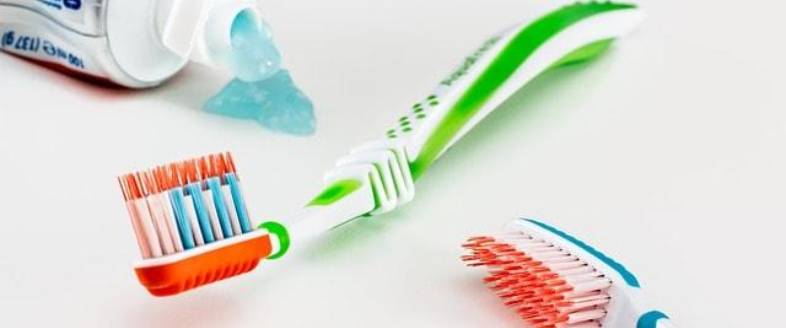
Given the irreversible nature of enamel loss, it’s crucial to approach teeth whitening with care. Here are a few ways to ensure that your whitening treatment is both effective and safe:
Get Teeth Whitening Treatment From a Professional
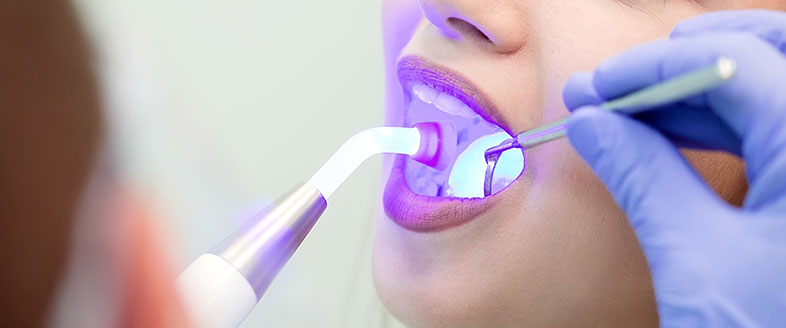
When it comes to teeth whitening, ensuring the safety of your enamel and overall oral health is paramount. To minimise risks and achieve the best results, it is crucial to seek professional whitening treatments rather than relying on unregulated or abrasive products.
At dePacific Dental Group, we offer safe and gentle teeth whitening options in Singapore tailored to your individual needs. Our in-clinic and at-home whitening solutions are designed to brighten your smile without compromising the health of your enamel.
Our team of dental professionals will guide you through the process, ensuring a comfortable and effective treatment experience. Trust us to help you achieve a radiant smile and bright, white teeth while maintaining the integrity of your enamel. Get advice from a professional today.

